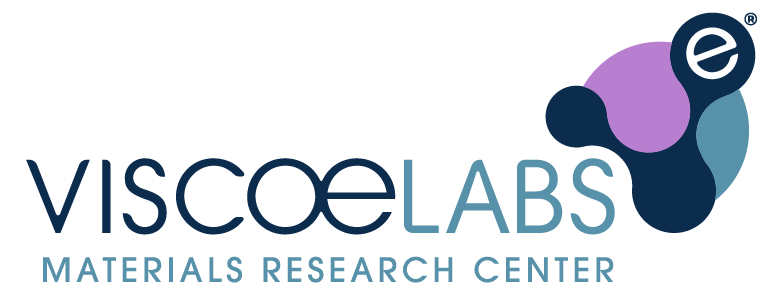
Course catalog
All courses are customizable
to meet your needs.
Modalities
Virtual and/or face-to-face
Theoretical
Theoretical-practical
Hands on
Levels
Basic 4 – 8 hours
Intermediate 12 – 15 hours
Advanced 30 – 35 hours

General Continuing Education
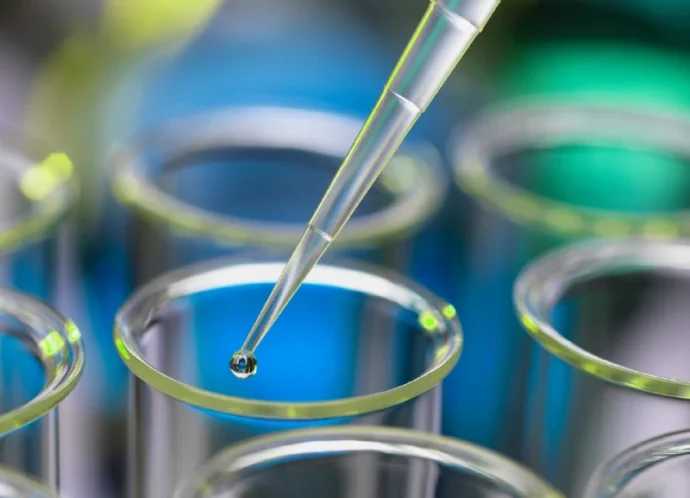
Physicochemistry
– Physicochemical properties of soft materials.
– Physicochemical properties of fats and oils.
– Bromatological (carbohydrates, lipids, ashes, proteins, moisture).
– Front label.
– Nutritional table.
– Supramolecular chemistry.
– Techniques for physicochemical characterization of materials.
– Effects of process variables on properties.
– Multiphase materials (emulsions, foams, gels, suspensions).
Applications
– Natural cosmetics.
– Biomolecules for food engineering.
– Techniques and additives for structuring food, cosmetics or pharmaceuticals.
– Food additives.
– Trends in the food industry.
– Frequent problems and solutions in the food industry.
– Food preservation techniques.
– Essential oils.
– Functional foods.
– Craft beer brewing.

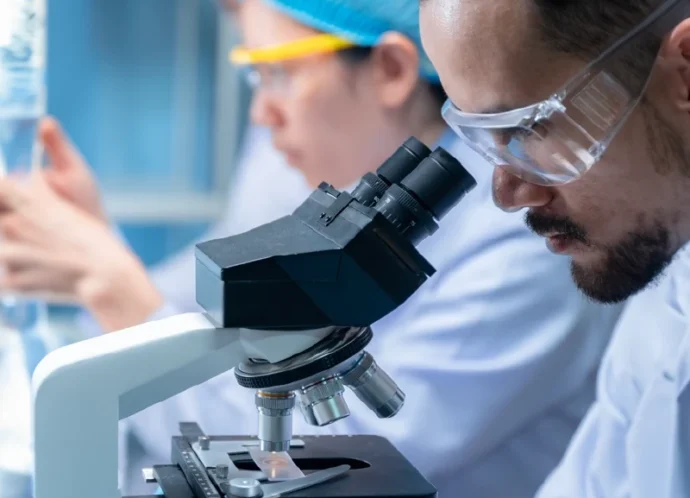
Research and development
– Scientific method.
– Design of experiments.
– Writing of scientific texts.
– Data processing and statistics.
– Principles for the formulation of food products.
– Principles for the formulation of cosmetic products.
– Intellectual property (patents).
High Specialization Training
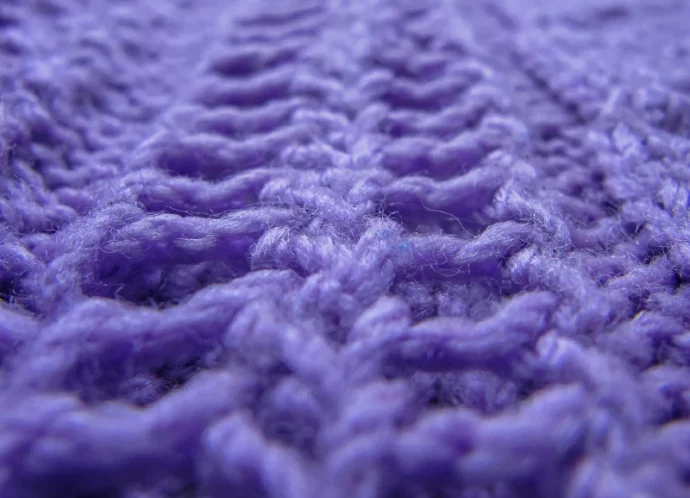
Materials Industry
– Thermal transitions by differential scanning calorimetry (DSC).
– Rheological properties.
– Texture of Materials.
– Microstructure of crystals and non-crystals.
– Thermomechanical and microstructural properties of soft materials.
– Phase transitions of materials.
– Crystallization processes for product design.
– Natural structuring agents.
– Crystallization of lipid-based materials.
– Experimental design and specific data analysis.
– Resolution of frequent problems in processing and storage.
Food industry
– Lipid composition.
– Trends and fat substitutes.
– Oleogels, the fats of the future.
– Food rheology and calorimetry.
– Colloid stabilization techniques in food products.
– Relationship of sensory analysis, rheological properties and food texture.
– Design of lipid products.
– Prevention of lipid product deterioration.
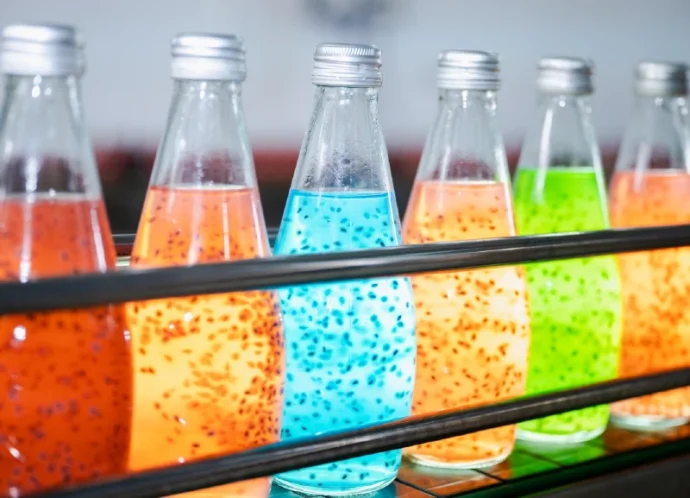
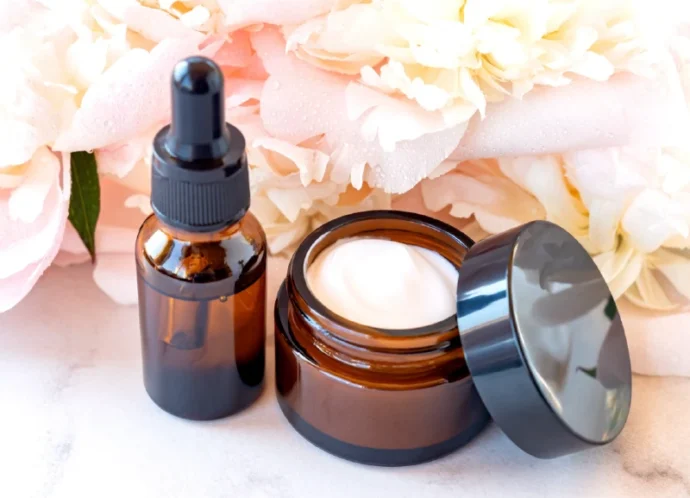
Cosmetics and pharmaceutical industry
– Natural Cosmetics.
– Multiphase products (foams, emulsions, gels, suspensions).
– Trends in excipients.
– Rheology of specialty products
– Differential Scanning Calorimetry (DSC) of specialty products.
Polymer industry
– Synthesis, characterization and processing of polymers.
– Evaluation of physical, chemical and thermal properties of polymeric materials and composites.
– Injection and extrusion of polymers.
– Differential Scanning Calorimetry (DSC) of thermoplastics, elastomers and thermosets.
– Crystallization phenomena and their effects on polymers.
– Polymeric packaging.
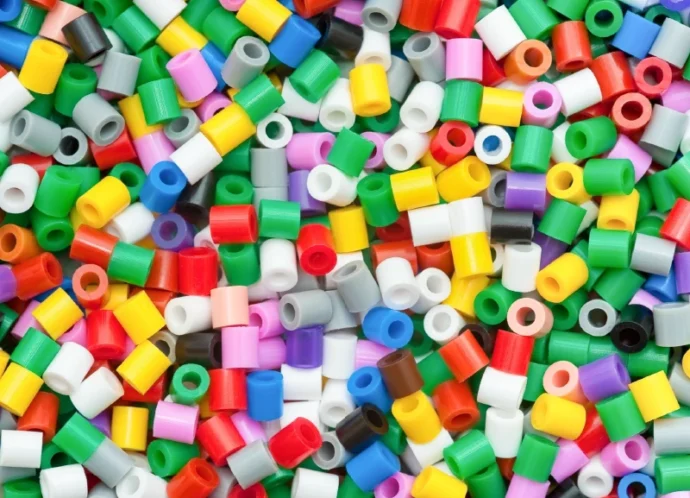
I want to register
Book your course now, either send us a message and we will contact you or call us by phone, even a mail message, whatever you find more convenient, we are at your service.
